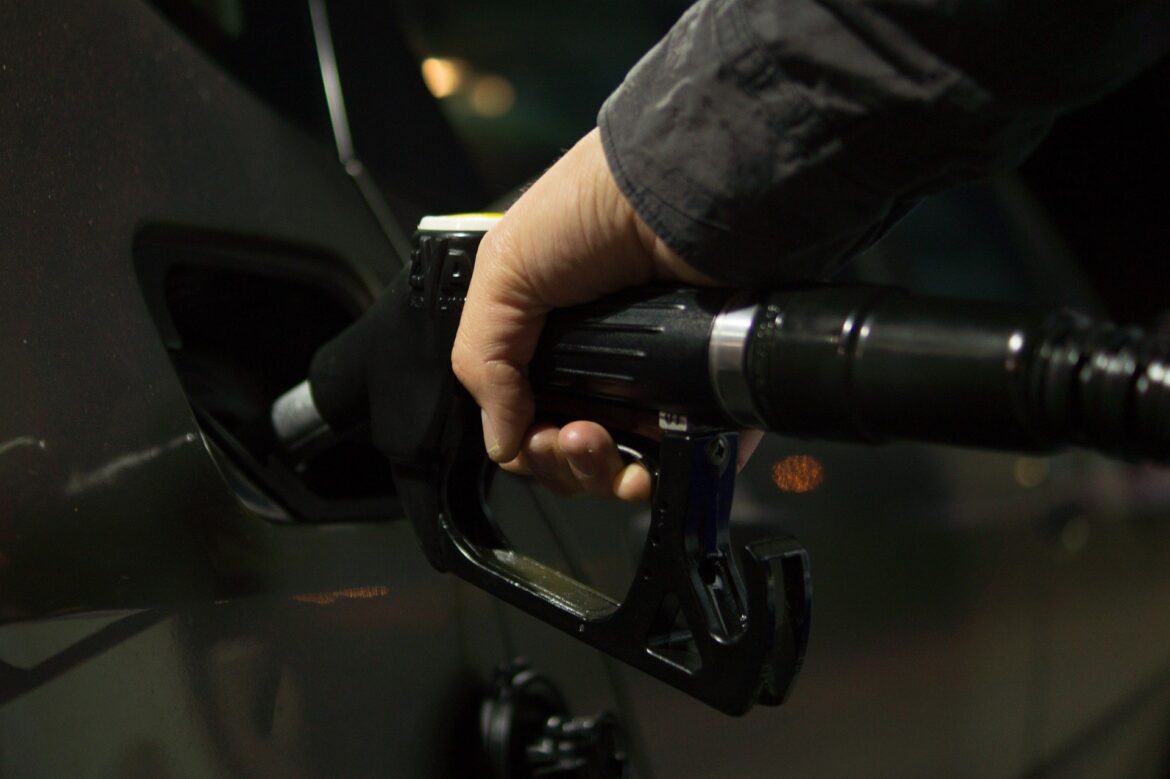Domestic petrol and diesel prices are unlikely to fall for some time unless the government decides to slash fuel taxes or bring petroleum goods under the scope of the Goods and Services Tax (GST). Since last month, fuel prices have been climbing every other day as state-run oil marketing firms (OMCs) upped the frequency of hikes in response to firming international crude oil rates.
Petrol and diesel prices have already risen by Rs 7-8 per litre across the country due to over 35 rises since the first week of May. While the initial intention was to gradually stop raising rates in June, global crude oil price consolidation appears to have derailed those objectives.
As both diesel and petrol prices in the country remain at all-time highs, OMCs have been under pressure to hold rates. Given the speed with which global crude oil prices are growing, it seems unclear that they will be able to hold rates.
In light of India’s severe circumstances, oil minister Dharmendra Pradhan asked OPEC a few days ago to make oil prices “a little sober.”
OPEC+ countries are currently attempting to adopt an oil output policy in order to reduce oil production as global demand continues to climb following the pandemic. However, the countries were unable to reach an agreement, causing Brent Crude Oil to break $77 per barrel for the first time since late 2018. According to the International Energy Agency, if oil production and supply levels do not improve in accordance with rising global demand, crude oil might break $100 per barrel (IEA).
Petrol prices will cross Rs 100 per litre in Delhi and Kolkata after another boost, and it has already done so in Mumbai and Chennai. Petrol is already selling for more than Rs 100 per litre in more than two dozen cities across the country.
Diesel prices are also rapidly rising, with only a few big cities offering prices below Rs 90 per litre.



